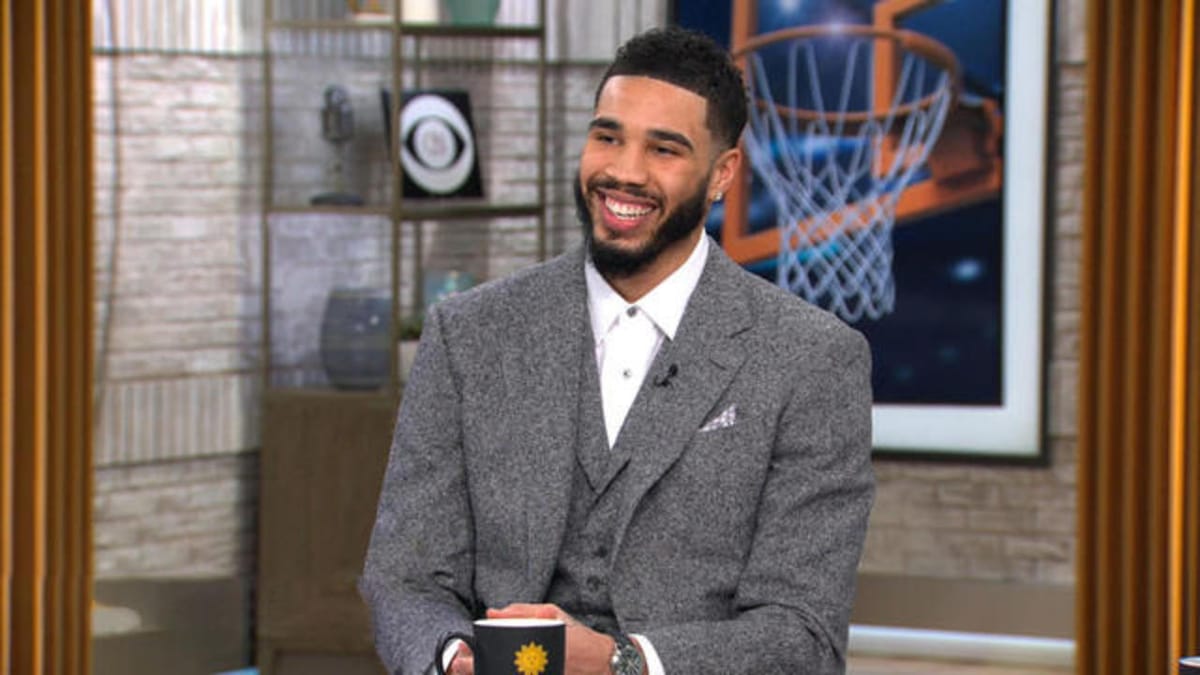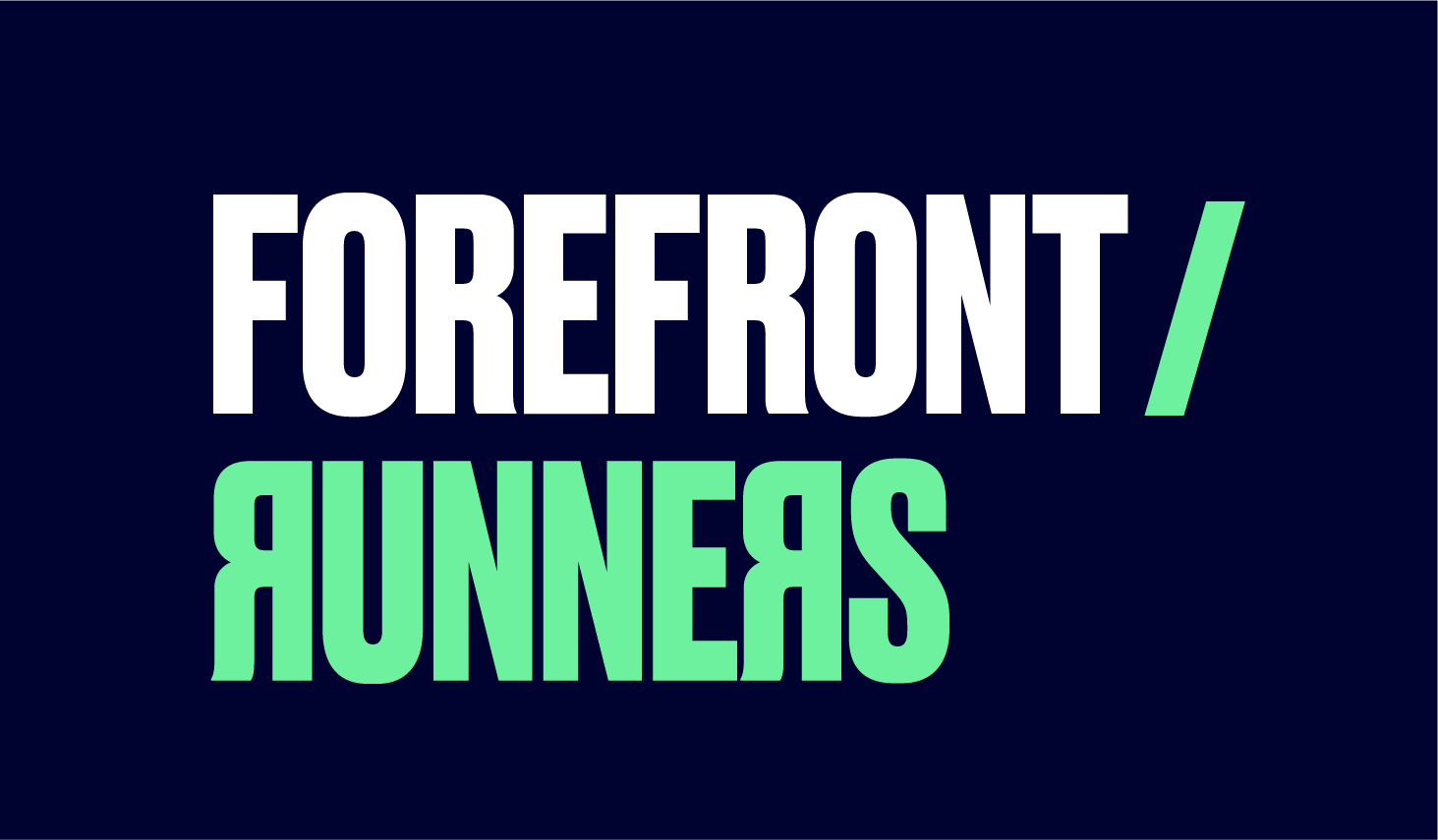Jayson Tatum: Empowering Young Athletes with Financial Literacy.

Last week, Jayson Tatum, fresh off agreeing to an NBA-record five-year, $315 million extension with the Boston Celtics, gathered a group of kids in Las Vegas. His mission? To teach them about money.
For years, the Jayson Tatum Elite Camp has been a beacon for top prep basketball prospects. This year, amidst the intense drills and film studies, Tatum introduced a financial literacy seminar. Taught by “Dr. Money,” certified financial planner Brian Walsh, the seminar was part of Tatum’s partnership with SoFi, aimed at providing young athletes with financial guidance.
This isn’t Tatum’s first foray into financial education. Last February, SoFi donated to Tatum’s foundation to help St. Louis–area homebuyers with down payments, promoting generational wealth. In Vegas, Walsh’s lecture encouraged young athletes to embrace the grind of personal finances, emphasizing the importance of making informed decisions to control their own financial futures.
“When you start to get money, it’s like you become a target,” Tatum says. “You’re a young kid with newfound wealth, and people want to take advantage of that. You really have to surround yourself with the right people to help look out for you.”
Tatum speaks from experience. Raised by his mother, Brandy Cole, who worked multiple jobs to support him, Tatum learned the value of a dollar early. When he turned pro, his mother became his unofficial financial adviser. Under her guidance, he saved his entire rookie contract and lived off endorsement money, a practice he continues today.
“I’m very grateful that I had my mom in my life,” Tatum says. “She didn’t have money, but our whole idea was like, ‘Yo, we’re going to save this first contract. We’re going to live off endorsement money.’ Even to this day, I save all my NBA money and live off my endorsements. But just having that mindset when you get to the NBA, that it’s not going to last forever, is crucial.”
Tatum is aware of the risks of financial mismanagement in sports, citing the story of ex-Celtics forward Antoine Walker, who earned $108 million in his career but filed for bankruptcy in 2010. Tatum hopes to prevent similar fates for the young athletes he mentors.
“You hear a lot of stories about guys that mismanage their money or put their money in the wrong hands and people take advantage of them,” Tatum says. “So trying to have those conversations earlier in a space where they feel comfortable asking questions is important.”
Veteran players have also guided Tatum. Marcus Morris, Tatum’s teammate in Boston, shared invaluable financial advice during Tatum’s first two seasons. Tatum acknowledges that not everyone will absorb these lessons, but he remains hopeful.
“Everybody [is] not going to listen,” Tatum says. “Some will think they’re too cool to ask questions. But you just hope you can get through to the ones that are receptive and are trying to learn and listen. And that’s all you can hope for.”
As Tatum continues to break records on the court, he remains committed to helping the next generation of athletes prepare for life after basketball. Through his financial literacy initiatives, he’s not just shaping future basketball stars but also financially savvy individuals who can navigate the complexities of wealth with confidence.
Source: SI
